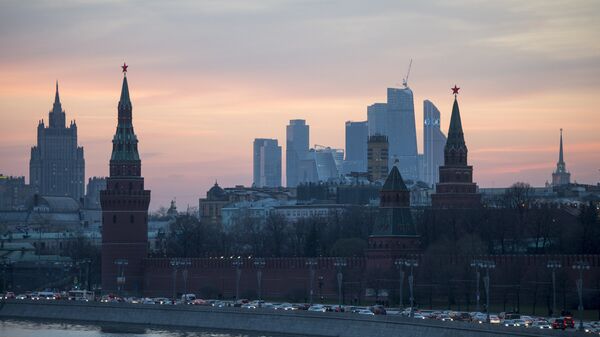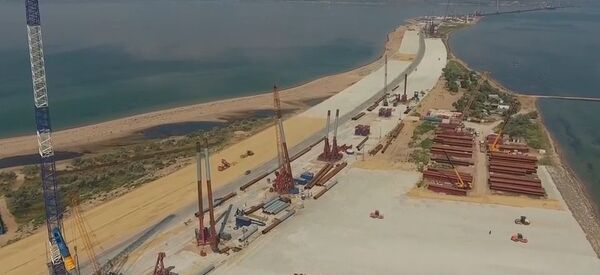MOSCOW (Sputnik) — On Wednesday, the General Court annulled restrictive measures against Rotenberg that were in force from July 30, 2014, to March 14, 2015, ruling that there were no objective reasons to include him in sanctions list. At the same time, the court declined Rotenberg’s application regarding annulment of restrictive measures for the period from March 2015 to September 2016.
"Arkady Rotenberg is a Russian businessman, he defends his rights in a situation when, in our point of view, sanctions against him and several other individuals had been illegally imposed. In this case, we are certainly glad that Mr. Rotenberg was able to protect his rights in this way," Peskov said.
"As regards Mr Rotenberg specifically, the Court finds that (1)the reference to ‘Russian decision-makers’, without further details, is too vague and is not sufficient to justify the restrictive measures; (2)the contracts with the Russian State or with State-owned enterprises, from which Mr Rotenberg is said to have benefited, relate to an earlier period than that during which Russian decision-makers, notably President Putin, had started to threaten Ukraine (those contracts relate in particular to the preparations for the Sochi Olympic Games, which were held in the winter of 2014)," the court’s press release read.
In March 2015, the justification for Rotenberg’s inclusion to the sanctions list was changed. It was noted that Rotenberg was directly linked to the construction of a bridge between Russia and Crimea, "consolidating the integration of Crimea into Russia, thereby further undermining the territorial integrity of Ukraine," and to the education project titled "To the Children of Russia: Address — Crimea," which supported "Russian government’s policy of integrating Crimea into Russia."
Russia's historical southern region of Crimea rejoined the country after a 2014 referendum. Almost 97 percent of the region's population voted for reunification in a referendum. Sevastopol, which has a federal city status, supported the move by 95.6 percent of votes. Western countries have not recognized the legitimacy of the vote, imposing several rounds of sanctions on Russia.



